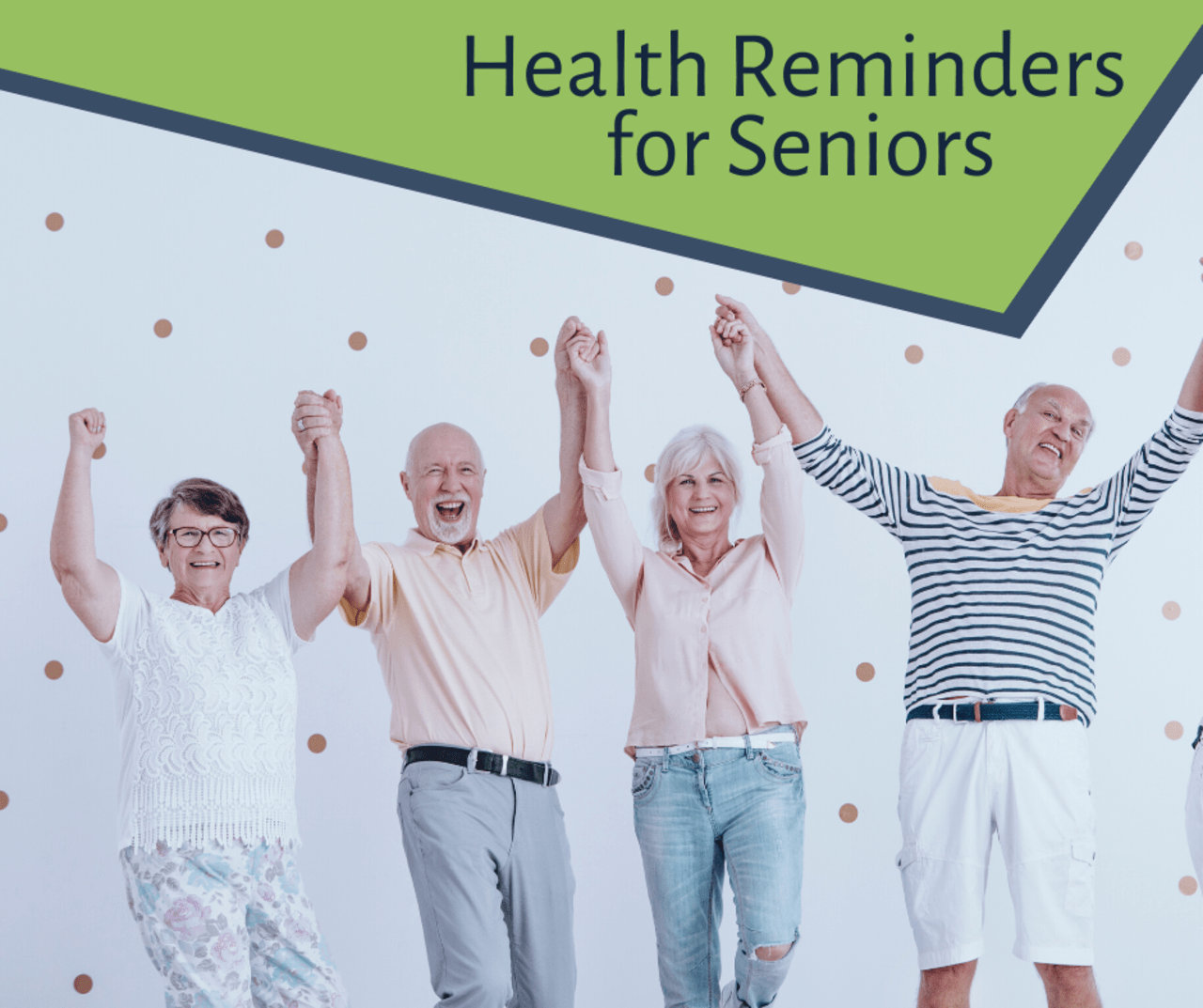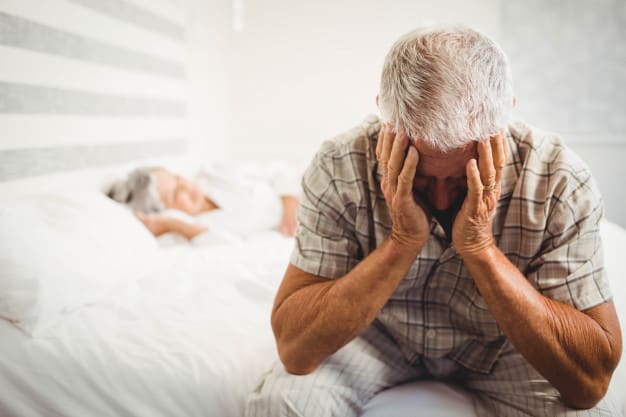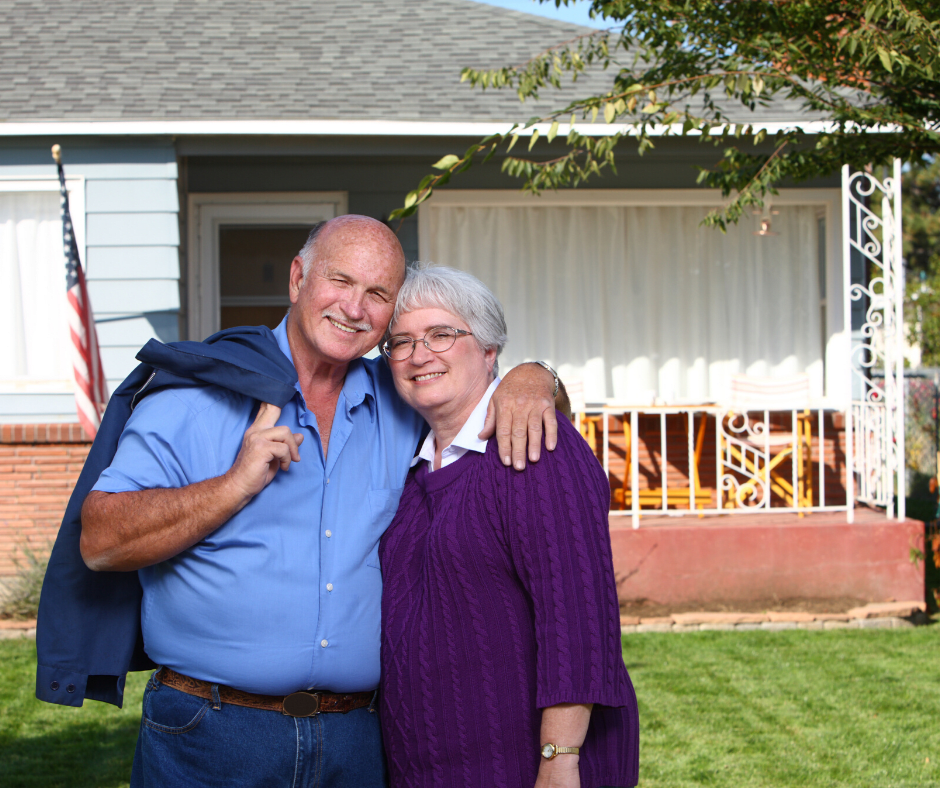In terms of our ability to communicate with others, hearing is our most critical sense.
Even relatively mild hearing loss can seriously disrupt how we interact and connect with others. Without healthy hearing, the consequences for our social and mental health — and physical health, in some cases — become greater, and overall quality of life can plummet. Healthy hearing requires a number of processes in the inner ear and brain to work properly in order to correctly interpret the sounds you hear. Inner-ear problems, or ear problems in general, can prevent crucial pieces of sound information from reaching the brain, leading to confusion and an inability to understand what is being said. Commonly, an ear problem in the outer or middle ear is referred to as a conductive hearing loss, while inner-ear problems or brain-processing difficulties are referred to as sensorineural hearing loss. These are two distinct types of hearing loss with differing treatment methods.
Why Binaural Hearing Is Important
Binaural hearing refers to the brain’s ability to integrate information from both ears at once, which greatly improves overall communication and the ability to understand where sounds come from in relation to your body’s position. Hearing with both ears helps us to listen in noisy, complex environments and to hear speech sounds in noise.
It’s difficult to get by with only one healthy ear (unilateral hearing loss), particularly in educational settings. For example, children with unilateral hearing loss are far more likely to be forced to repeat a grade. Additionally, individuals with unilateral hearing loss find that speech comprehension suffers greatly, falling to only about 30 to 35 percent of what can be heard with two healthy ears.
The 3 Types of Hearing Loss
- Sensorineural Hearing Loss (SHL): SHL is typically the result of damage to the delicate hair cells in the inner-ear organ (the cochlea) that are responsible for picking up sounds. When these hair cells — or the nerves they connect to — are damaged or destroyed by repeated exposure to loud noise, hearing becomes more difficult. Because hearing damage usually affects the highest frequencies first, loud-noise exposure can result in permanent high-frequency hearing loss.
- Conductive Hearing Loss: This type of hearing loss is typically the result of an infection or blockage in the outer or middle ear. Otitis media (middle-ear infections) can sometimes cause difficulty hearing due to a fluid buildup. Swimmer’s ear or a buildup of earwax may create a blockage outside the eardrum. This type of hearing loss is typically reversible once the infection or blockage clears, or once necessary surgery is performed.
- Mixed Hearing Loss: Individuals with mixed hearing loss typically suffer from some combination of SHL and a semipermanent conductive hearing loss, such as a malfunction of one of the ossicles (tiny bones that conduct sound) in the middle ear. Hearing may improve after the conductive portion of the hearing loss is resolved through treatment or surgery. SHL is usually permanent.
Other Forms of Hearing Loss
- Unilateral Hearing Loss: Hearing loss that occurs in only one ear is referred to as unilateral hearing loss. This can be present at birth, may happen spontaneously, or can occur over the course of several days (referred to as sudden hearing loss). Unilateral hearing loss may delay or otherwise affect speech and language development, and children may have difficulty identifying where sounds are coming from (localization), hearing speech in noisy situations, and hearing from longer distances. Children who are born with unilateral hearing loss can achieve success academically, economically, and socially by focusing on communication development.
- Sudden Hearing Loss: This is a sudden loss of hearing, either entirely or partially, within a 24-hour period — or immediately. Degrees of deafness vary, and while sudden hearing loss typically resolves itself within two weeks, it’s possible that hearing may never return. Treatment may include steroids to support the recovery of hearing, but patients who see no change within two weeks are unlikely to see improvement. Those who suffer from a sudden hearing loss should consult their physician immediately, as faster treatment greatly increases chances of a full recovery. About 85 percent of those who seek treatment will recover some of their hearing.
- High-Frequency Hearing Loss: Those with high-frequency hearing loss can usually hear vowels just fine, but consonant sounds — like f, s, t, and z — become difficult to hear. High-frequency hearing loss is often difficult to diagnose, because it occurs slowly over several decades, like most forms of sensorineural hearing loss. Early signs are an inability to hear higher-octave sounds, like a bird chirping or the voice of a woman or small child. Difficulty conversing in groups or hearing speech in background noise also indicate the possibility of a high-frequency hearing loss. Using hearing protection prior to being exposed to loud noises will help prevent high-frequency hearing loss, while hearing aids are an effective treatment.














